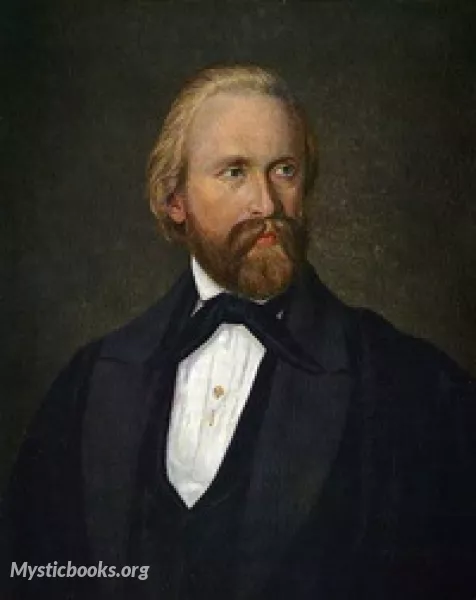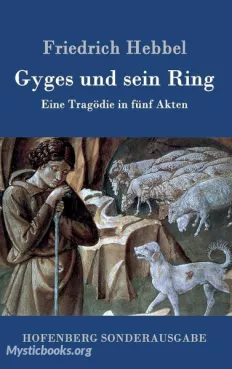
Timeline
Title
Country/Nationality
Friedrich Hebbel
Christian Friedrich Hebbel (March 18, 1813 – December 13, 1863) was a German playwright, poet, and novelist. He is considered one of the greatest dramatists of the 19th century.
Hebbel was born in Hamburg, Germany, to a poor family. His father was a carpenter and his mother was a maid. Hebbel showed an early aptitude for writing, and he began writing plays and poems at a young age.
In 1833, Hebbel moved to Berlin to study law. However, he soon abandoned his legal studies to focus on writing. Hebbel's first play, Judith, was published in 1840. The play was a critical and commercial success, and it established Hebbel as a major new playwright.
Hebbel went on to write over 20 plays, including Maria Magdalena (1844), Gyges und sein Ring (1848), and Der Nibelungen (1862). His plays are known for their psychological depth, their exploration of complex moral issues, and their powerful language.
Hebbel was also a poet and a novelist. His poetry is characterized by its dark and brooding tone. His novels, such as Der Tod des Empedokles (1855), are also known for their exploration of philosophical themes.
Hebbel was a complex and contradictory figure. He was deeply pessimistic about the human condition, but he also believed in the power of art to transform the world. He was a passionate advocate for social justice, but he also had a strong belief in the individual.
Hebbel died in Vienna, Austria, in 1863 at the age of 50. He is remembered as one of the greatest German playwrights of all time.
Key Principles
- Hebbel believed that art should be used to explore the human condition and to challenge the status quo.
- He was a passionate advocate for social justice, and he often used his plays to criticize the social and political institutions of his time.
- He believed in the power of the individual, and he often wrote about characters who struggled against the forces of fate and circumstance.
Notable Works
- Judith (1840)
- Maria Magdalena (1844)
- Gyges und sein Ring (1848)
- Der Nibelungen (1862)
- Der Tod des Empedokles (1855)
Philosophy
Hebbel's philosophy was influenced by the work of the German philosophers Arthur Schopenhauer and Friedrich Nietzsche. Schopenhauer's philosophy of pessimism had a profound impact on Hebbel, and it is reflected in many of his plays. Nietzsche's philosophy of the Übermensch also influenced Hebbel, and it is evident in his portrayal of strong and independent characters such as Judith and Maria Magdalena.
Death and Legacy
Hebbel died in Vienna, Austria, in 1863 at the age of 50. He is remembered as one of the greatest German playwrights of all time. His plays are still performed today, and they are studied by scholars and students around the world.
Interesting Facts
- Hebbel was a lifelong sufferer of depression.
- He was a close friend of the poet Heinrich Heine.
- He was a vocal critic of the Prussian government.
- He was a vegetarian.
- He was a keen amateur boxer.
Books by Friedrich Hebbel

Gyges und sein Ring
Tauchen Sie ein in die faszinierende Welt von "Gyges und sein Ring" von Friedrich Hebbel, einem zeitlosen Drama, das die Grenzen von Macht, Moral und Verantwortung erkundet. Begleiten Sie Gyges, einen einfachen Schafhirten, der plötzlich im Besitz ei...

Schnock
Friedrich Hebbels Kurzgeschichte "Schnock" schildert die zufällige Begegnung zweier Reisender. Auf einer Kutschfahrt lernen sie sich kennen und beginnen, sich über ihre Lebensumstände und Ansichten auszutauschen. Im Laufe des Gesprächs offenbaren sic...

Meine Kindheit
In "Meine Kindheit," Friedrich Hebbel offers a glimpse into the formative years of his life, delving into the circumstances surrounding his family and the initial experiences he gained from his education. He provides a poignant account of his early l...